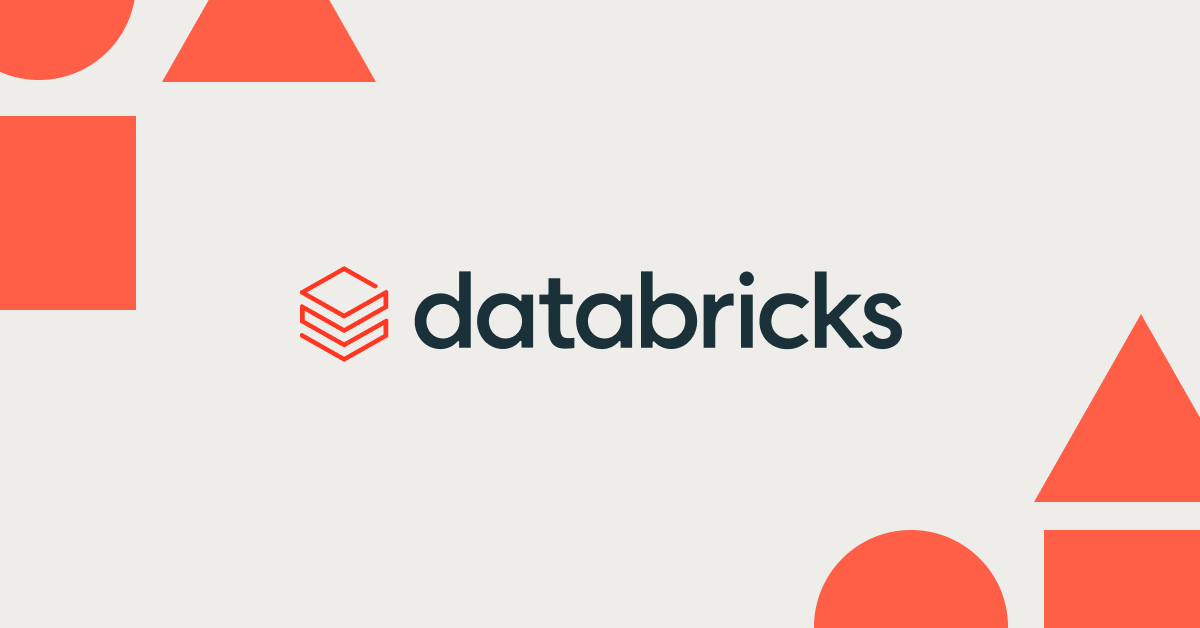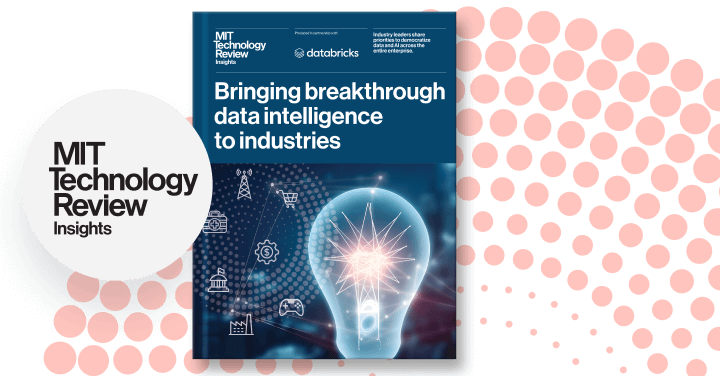Building an AI-Ready Retail Organization with Improved Data Governance

Artificial Intelligence is top-of-mind with every C-suite in Retail & Consumer Goods. Companies see the potential to deliver better customer service, derive faster and more accurate insights, and drive better innovation and collaboration with partners. Billions of dollars are at stake. Less mentioned is the data that is required to power these new AI systems. In addition to legacy reporting data, these AI systems consume presentations, documents, emails, customer service transcripts, images and more. The quality of AI systems is entirely dependent on how well governed the data is that feeds the systems.
While decades have been spent defining and refining processes for the flow of structured data from operational systems into analytics systems, the bulk of the effort surrounding unstructured data has centered on controlling storage and compute costs. As organizations seek to fold these information assets into their analytics infrastructure, key questions about the quality, reliability and appropriate uses of these data are emerging.
As organizations build their AI, it is essential they invest in steps to ensure the accuracy, availability and security of the data that goes into it. And CIOs understand this too. In fact, 98% of CIOs say that moving toward a unified, consistent approach to governance is important, as found in the MIT Technology Report co-developed by Databricks: Bringing Breakthrough Data Intelligence to Industries.
Establishing an AI ready data governance strategy
In the rapidly evolving retail and consumer goods sector, companies are finding that robust data governance is no longer optional—it's essential. According to McKinsey & Company, firms lacking effective data governance waste up to 29% of their workforce's time on unproductive tasks due to poor data quality. Yet, despite its critical role in enhancing data quality and decision-making, data governance often doesn't directly boost profits, leading some firms to relegate it to IT departments rather than treating it as a strategic priority.
Experts argue that for data governance to truly transform an organization, it must be spearheaded by top executives, with the Chief Data Officer (CDO) leading the charge. With AI, the importance of business led governance is even greater. AI uses not just the underlying data, but the business context that surrounds it. A business centric approach ensures data governance aligns with business objectives and gains the necessary support to thrive.
In launching a data governance initiative, a Chief Data Officer's (CDO) first step is winning business backing. Data governance is not simply a technology or a function of IT. With this support, the CDO sets up two key entities: the Office of Data Management (DMO) and a Data Council. The DMO is tasked with establishing data governance policies and procedures, while the Data Council, comprising business leaders, sets priorities and ensures organizational compliance.
A crucial strategy involves focusing on specific data areas—such as customer or product data—to make the task manageable and aligned with the company's strategic goals. This targeted approach, advocated by the Data Council and DMO, aims to prevent the overwhelming scope of data governance from derailing the initiative.
Moreover, demonstrating the tangible benefits of data governance to the bottom line is vital for maintaining funding and executive support. The DMO plays a critical role in documenting successes and communicating the value of continued investment in data governance, ensuring it remains a priority even after the immediate issues are addressed. This ongoing effort helps secure executive backing by linking data governance achievements directly to improved data quality and business insights.
Data intelligence reshapes industries
Unity Catalog supports data governance
In defining data governance standards for the enterprise, the DMO needs to closely examine how data is created and accessed across the organization. While information redundancy is not completely avoidable, especially on the purely operational side of the house, advances in the analytics space now make it possible for organizations to consolidate their analytics infrastructure. Instead of a series of one-off data warehouses, data marts, data lakes and data science platforms, organizations should consider the consolidation of these environments into a centralized repository that supports the full range of the analytic needs found across the enterprise.
The Databricks Data Intelligence Platform has been built from the ground up with this vision of a unified approach to data and analytics in mind. Powered by a data management layer in Delta Lake that's capable of working with structured and unstructured data originating both internally and externally with performance and cost-effectiveness, Databricks allows organizations to consolidate all their analytically oriented information assets within a single, unified platform.
With support for both real-time and batch processing, the Databricks platform allows data engineers to process and deliver insights to the business at whichever speeds are critical to supporting a desired business outcome. With integration with every modern business intelligence and data discovery platform on the market today as well as robust support for machine learning and AI workloads, including generative AI, Databricks is capable of meeting the fullest range of the organization's analytics needs.
The Databricks Data Intelligence Platform, now integral to over 1,000 retail and consumer goods companies, stands at the forefront of innovative data management. This is where Unity Catalog comes in. Unity Catalog is revolutionizing data governance by offering a seamless, unified layer for managing both structured and unstructured data, machine learning models, and various other digital assets across any cloud or platform. This enables data professionals to securely access and collaborate on trusted data, leveraging artificial intelligence to enhance productivity and fully exploit the lakehouse architecture's capabilities. Unity Catalog is transforming how organizations approach data governance, ensuring data quality and security while facilitating easy access to information assets tailored to user needs.
Key enablers available through Unity Catalog include:
- Unified visibility into data and AI
- Single permission model for data and AI
- Built-in auditing, lineage and data quality enforcement
- AI-powered monitoring and observability
- Zero-copy, zero ETL open data sharing within and between enterprise boundaries
This unified approach to governance accelerates data and AI initiatives while simplifying regulatory compliance. For an increasing number of organizations, the Unity Catalog as a core component of the Databricks platform has become the cornerstone of their enterprise data governance strategy.
Retailers accelerating innovation through proper governance practices
Barilla, an Italian multinational food company and the world's largest pasta producer, was able to build a centralized global repository of data when moving to Databricks. Unity Catalog has enabled teams at Barilla to easily discover, understand and use data more securely through catalogs of data assets that are discoverable through shared tables and views. This streamlined governance, along with BI and ML tools on Databricks, has helped data teams work together toward delivering on Barilla's goals and has allowed Barilla to excel not only as a flagship of Italian tradition, but also a flagship of innovation.
Anker is pioneering power delivery technology to charge phones, tablets and laptops at unprecedented speeds, whether at home, in the car or on the go. Before Databricks and Unity Catalog, Anker would give users access to their cloud data warehouse, which was complicated and did not provide access auditability. Now, with Unity Catalog in place, Anker teams can govern data access at the table level, making sharing data easy without compromising on governance. This has allowed Anker's teams to pursue bolder data science ideas and innovate like never before.
Never miss a Databricks post
What's next?

Retail & Consumer Goods
September 20, 2023/11 min read
How Edmunds builds a blueprint for generative AI

Retail & Consumer Goods
September 9, 2024/6 min read

